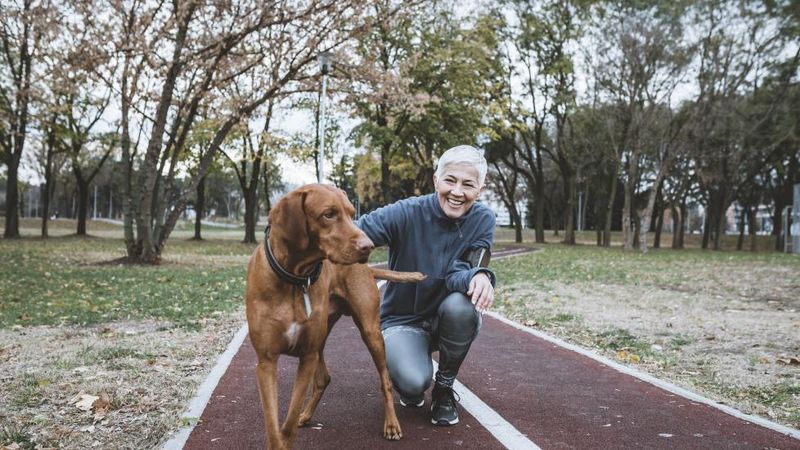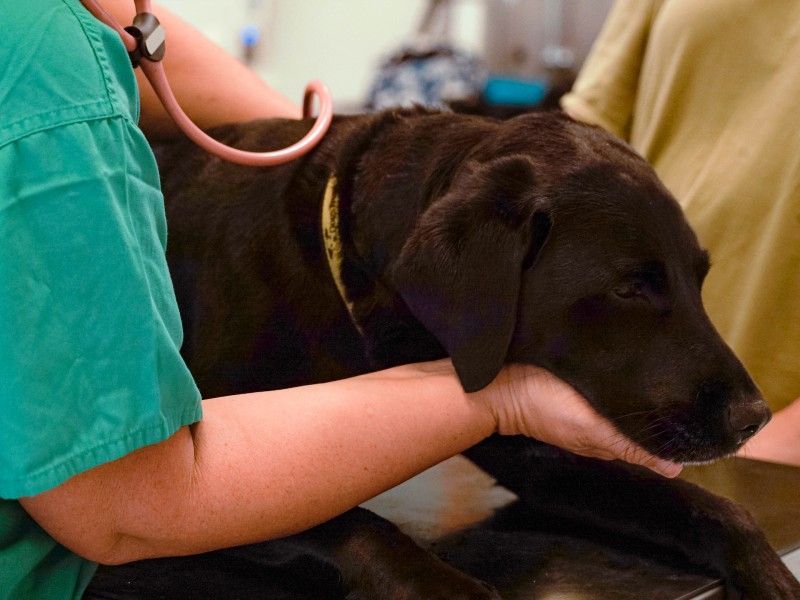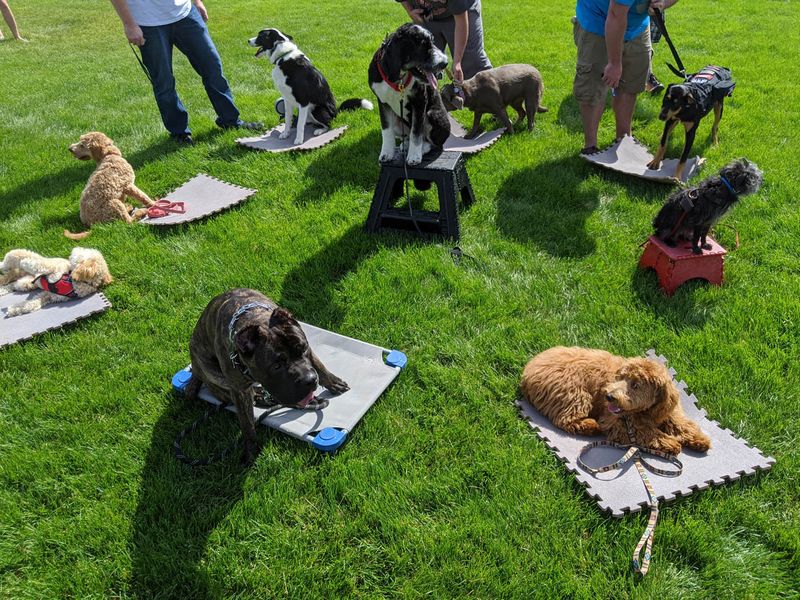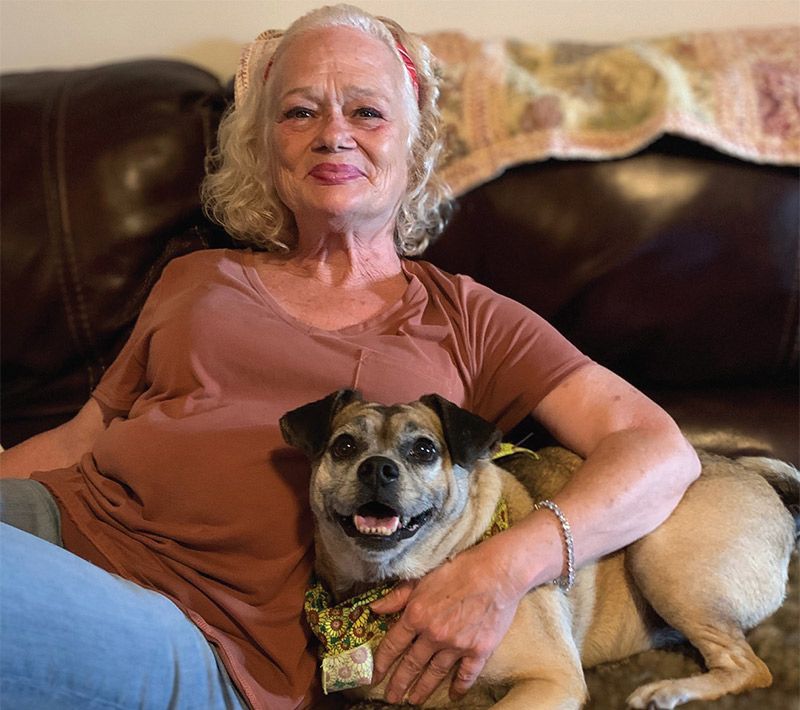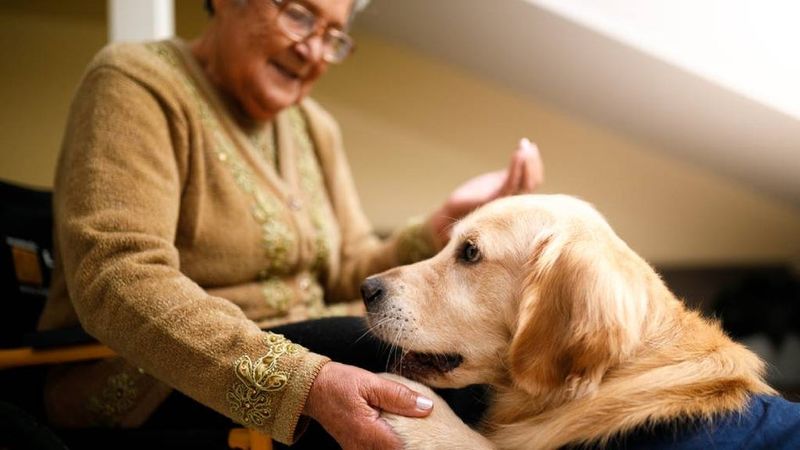Bringing a dog into the home can be an enriching experience, especially for seniors. Dogs offer companionship, encourage physical activity, and provide a sense of purpose. However, certain factors should be considered before introducing a furry friend into your life. Here are ten helpful facts to guide seniors in understanding what to expect when adopting a dog.
Choosing the Right Breed
Selecting the right breed is crucial for seniors. Small to medium-sized dogs with low energy levels, like the Cavalier King Charles Spaniel, are often a great match. They are easy to manage and don’t require extensive exercise.
Consider the dog’s temperament; breeds known for their calm demeanor are ideal. Researching breed specifics helps align the dog’s needs with the owner’s lifestyle.
Understanding the commitment level and daily care tasks are vital. Connecting with local shelters can provide insights and even opportunities to meet potential companions. Making the right choice enriches the relationship between pet and senior.
Exercise Needs
Dogs need exercise, but the level varies by breed. For seniors, small dogs with moderate exercise requirements, like the Bichon Frise, are ideal. A daily stroll in the park can keep both owner and pet healthy.
Incorporate short, enjoyable walks into daily routines to promote well-being. This activity supports cardiovascular health and enhances mood.
Evaluate your physical capability and choose a breed that complements it. Exercise routines can double as bonding time, fostering a deeper connection. Creating a consistent schedule benefits both the senior and the furry companion.
Healthcare Considerations
Regular veterinary care is paramount for a dog’s health. Seniors should consider the costs and logistics of frequent vet visits. Choosing a dog with minimal health issues can reduce stress and expenses.
Establish a relationship with a local veterinarian who understands the needs of senior pet owners. Keeping vaccinations up to date and monitoring for common ailments is essential.
Health insurance for pets is another consideration to manage unexpected expenses. Planning and budgeting for healthcare ensures peace of mind and a happy, healthy pet. Proactive care leads to a fulfilling companionship.
Dietary Requirements
Feeding a dog properly ensures longevity and vitality. Seniors should educate themselves on the dietary needs of their chosen breed. Opt for high-quality food to promote a healthy coat, teeth, and overall well-being.
Understanding portion control prevents obesity, a common issue in dogs. Consulting with a vet can guide dietary choices tailored to the dog’s health status.
Different stages of a dog’s life require varied nutritional approaches. Seniors should be prepared to adjust diets as their pet ages. Making informed dietary decisions enhances the quality of life for both owner and pet.
Training and Socialization
Training is essential for a harmonious living environment. Seniors may find benefit in enrolling in local obedience classes. Here, both dog and owner learn effective communication and social skills.
Positive reinforcement methods are particularly effective. They build trust and encourage good behavior without stress. Consistent training sessions foster a sense of achievement for both parties.
Socializing a dog with other pets and people is equally important. It reduces anxiety and promotes a friendly demeanor. A well-trained companion becomes a source of joy and relaxation for seniors.
Grooming Needs
Regular grooming is vital, especially for breeds with long or curly coats. Seniors should consider the grooming requirements before choosing a dog. Breeds with minimal grooming needs, like the Dachshund, might be preferable.
Establish a regular grooming schedule, including brushing, bathing, and nail trimming. These routines not only keep the dog clean but also provide bonding opportunities.
Professional groomers can assist with more demanding tasks. Budgeting for occasional grooming services ensures the dog is well-maintained. Grooming becomes a pleasurable activity rather than a chore when approached positively.
Companionship Benefits
Dogs offer companionship, which is invaluable for seniors. They reduce feelings of loneliness and provide emotional support. This connection stimulates mental well-being and enriches daily life.
A dog’s presence encourages social interaction and activities, combating isolation. Seniors find joy in caring for a pet, which adds structure and purpose.
Choose a breed known for affectionate nature to maximize these benefits. The relationship with a dog opens avenues for meeting other pet lovers, further enhancing social ties. The companionship of a dog is a cherished aspect of senior living.
Safety Considerations
Safety is paramount when choosing a dog for seniors. Consider breeds that are easy to manage and fit well into the living environment. A smaller, calmer breed is often safer and more manageable.
Ensure the home is a safe space, free of hazards that can harm a curious pet. Secure yards and safe walking paths prevent accidents.
Leash training is essential to prevent falls and injuries. Dogs should be trained to walk calmly beside their owner. Prioritizing safety ensures a positive experience for both the senior and their canine companion.
Emotional Support
Many seniors benefit from the emotional support dogs provide. Their presence can alleviate stress and anxiety, bringing a sense of calm. Dogs are known to be perceptive to human emotions, offering comfort when needed.
Engaging with a pet can elevate mood and provide a sense of belonging. Seniors find that caring for a dog creates a purposeful routine.
Look for breeds that are naturally empathetic and intuitive. This enhances the supportive aspect of the relationship. Dogs become a source of comfort and joy, enriching the senior years profoundly.
Financial Responsibilities
Owning a dog comes with financial commitments. Seniors must budget for food, healthcare, grooming, and other essentials. Understanding these costs upfront prevents future stress.
Consider adopting from shelters, where initial costs may be lower. Budgeting for unexpected expenses like medical emergencies is crucial.
Pet insurance can alleviate some financial burdens associated with healthcare. Planning and managing finances ensures a stable environment for both pet and owner. Being financially prepared enhances the joy of pet ownership without unexpected burdens. Creating a sustainable plan supports a happy, healthy life together.


